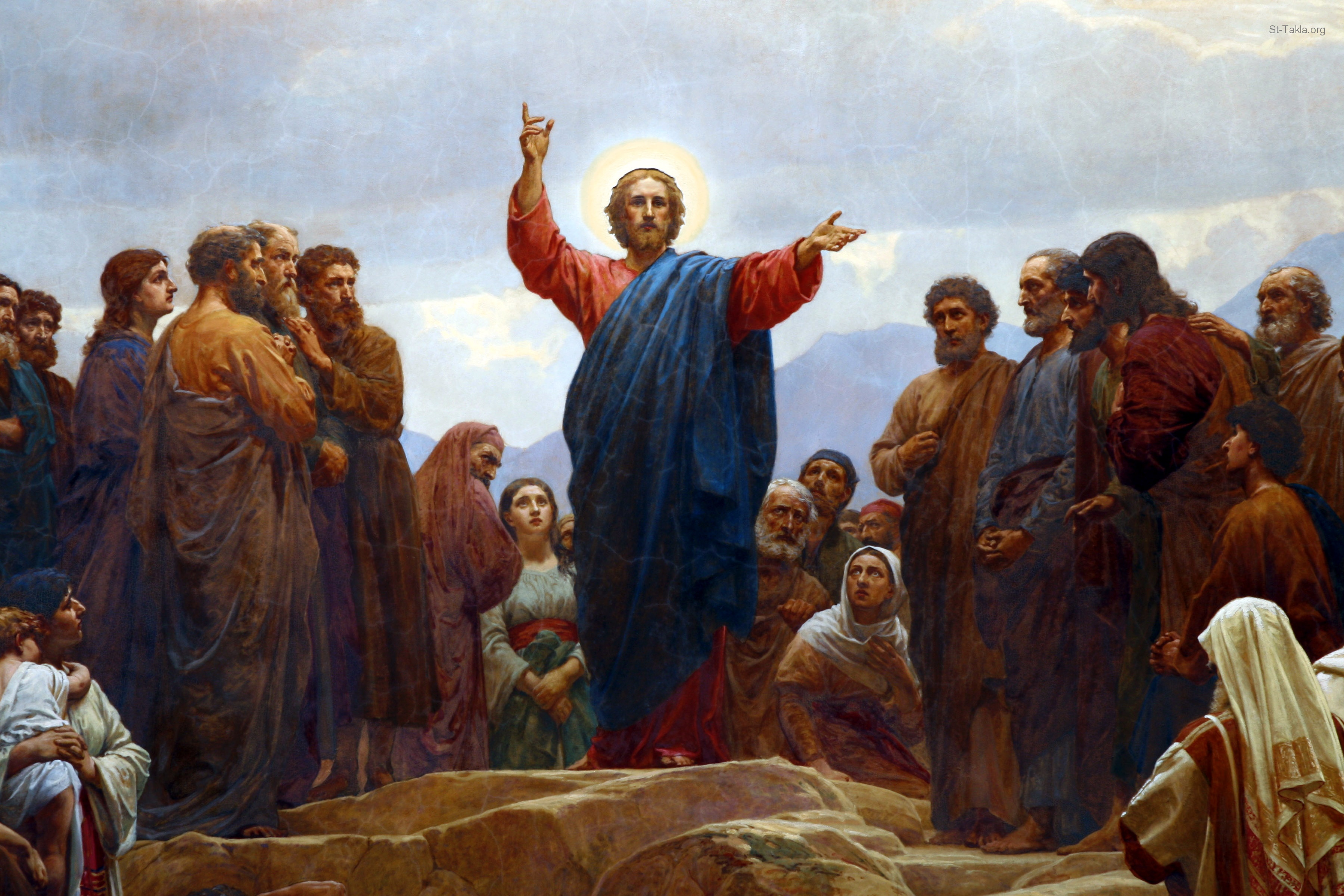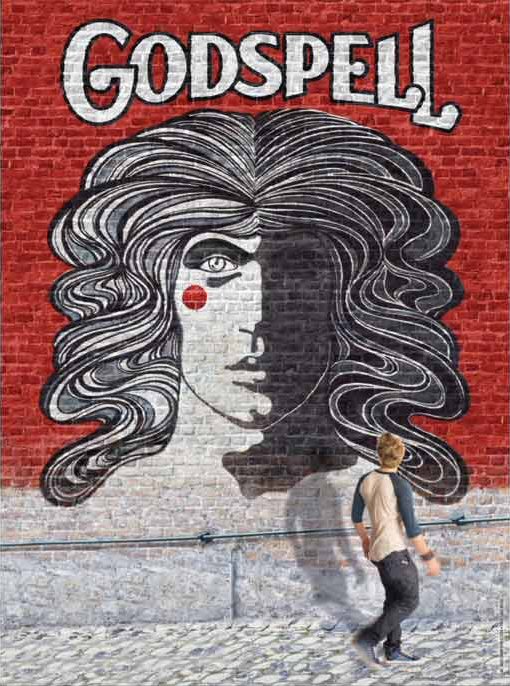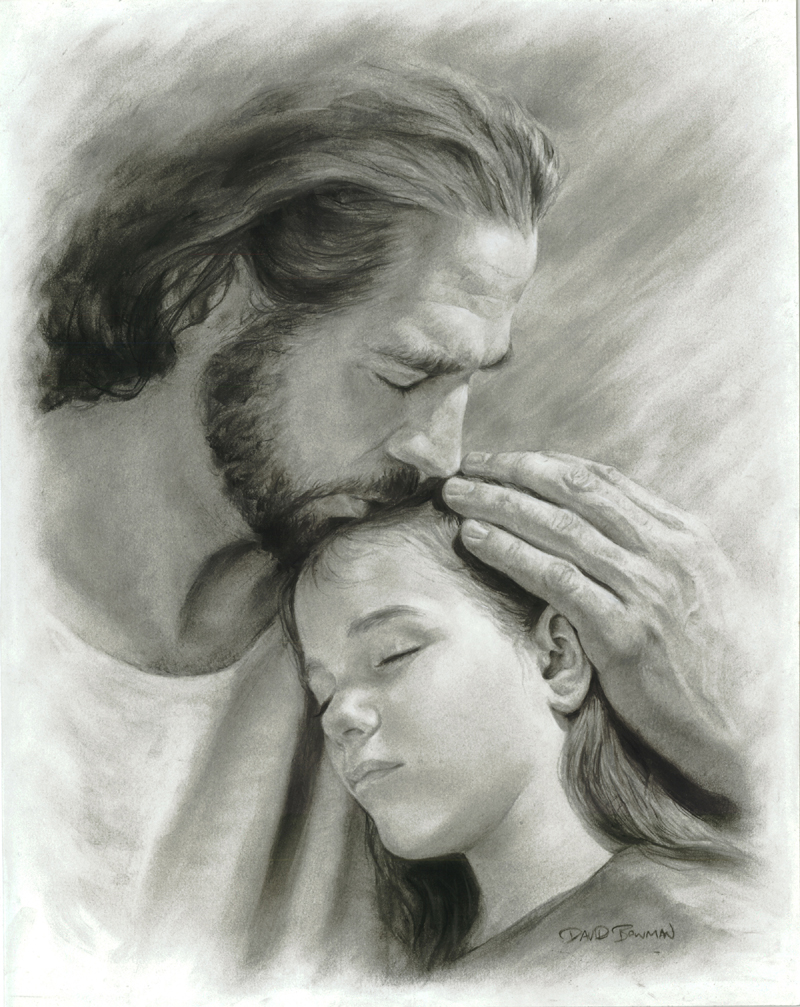Jesus, Transformed: A Coverfolk Mixtape
featuring Norah Jones, The Wood Brothers, U2 and more!

A familiar conversation last night over dinner with the church choir director, in which the old trope of wondering why our choir is so oversensitive to the Catholic liturgy turns quickly to the larger questions of why Unitarian Universalists as a general case are so often afraid of this particular text and source. And there is unusual urgency, this evening, as holy week approaches; tonight, our kids choir takes the stage in an especially non-canonical production of Godspell, the musical, and although we believe strongly that ours is a vision truly realized, there is no way to anticipate whether or not that vision will offend at least a few of the parents and family friends who will attend our production this evening.
My first college major was religious studies, and I attended a liberal high school that required a course in Bible As Literature; to claim ownership of the name and meaning of Jesus in the pure textual sense is honest and easy for me. But as a native Jew, and a convert of sorts to the sort of Unitarian Universalism that holds the gospels at arms length, my lifelong understanding of Jesus has been almost exclusively literary and historical, not spiritual.
There’s some use in this, I think: for years, a combination of iconoclastic playfulness and a coincidental look-alike comparison to the classic image of the Catholic cross – long hair, beaked nose, and reddish beard – let me play Jesus at Halloween for years; I have worn the crown of thorns, and the robe, and even the stigmata, several times, and reveled in the glee and discomfort it produced.
But as I wrote in my director’s note for the program, the Gospels as portrayed in Godspell are daunting, from both religious and theatrical perspectives. I’ve performed it, and found it a risky show by design; I’ve studied it, and know that the character of Jesus is heavy, indeed, in our history, both as Unitarian Universalists, and as denizens of a 21st century world.
 And so to frame Godspell in the terms of Unitarian Universalist practice seemed especially challenging, at first. And then I started working with our kids. And suddenly, making this production into a true reflection of their growing vision of what it means to be UU was natural and humbling.
And so to frame Godspell in the terms of Unitarian Universalist practice seemed especially challenging, at first. And then I started working with our kids. And suddenly, making this production into a true reflection of their growing vision of what it means to be UU was natural and humbling.
As part of this realization, I decided that being authentic about the communal ownership of text and source was best served by finding a way to cast the character of Jesus as more of a rotating facilitator’s role than a prophetic voice – or at least, an opportunity to give all who are ready to do so the chance to model and find comfort in leadership.
Yes, in our production of Godspell, Jesus is a role, a costume to don, through the seriousness of play. Eight children, my daughter among them, take their turn in the robe as the play progresses, each revealing their own interpretation of leadership as they model the multivocal lay-led facilitation that lies at the heart of our UU practice.
And so, through our exploration of Jesus as man and myth, we enact the larger questions of the culture these twelve to fourteen year olds have inherited. And so, as is so often the case, my thoughts turn to the world of music, and coverage, to find solace and insight in the way others have done so, too.
 Love it or hate it, Jesus the character floats troubled above our modern mythology, ripe and ready for transformation and memetic use. For some, he stands for love; for others, hope; for still others, a focus for frustration, a lens into the troubled metrics of the most rigid trappings of the modern world.
Love it or hate it, Jesus the character floats troubled above our modern mythology, ripe and ready for transformation and memetic use. For some, he stands for love; for others, hope; for still others, a focus for frustration, a lens into the troubled metrics of the most rigid trappings of the modern world.
And so throughout the past half decade, our everquesting culture and its craftspersons have come to produces artifacts which our forefathers would have considered the worst of heresies. Sacrilegious and strained, the songs we find in our folk and rock genres are neither hymns nor carols, but borrow from the gospels and the cross to criticize and calm, making as they go new ownership of the character of Jesus: as everyman, as savior, as lost boy, as teacher.
Listen, as the robe becomes flesh in song. Listen, as our favorite songsmiths transform the world anew, their treatments tender and caustic in turn. Listen, for he is risen in our hearts and souls.
Listen, and rejoice.
Transforming Jesus: A Coverfolk Mix [zip!]
- The Wood Brothers: Rebel Jesus (orig. Jackson Browne) [2011]
- Ben Sollee: Chocolate Jesus (orig. Tom Waits) [2013]
- Johnny Cash: Personal Jesus (orig. Depeche Mode) [2002]
- Frida Hyvonen: Jesus Was A Crossmaker (orig. Judee Sill) [2009]
- Norah Jones: Jesus, Etc. (orig. Wilco) [2009]
- Nancy Elizabeth: Sweet Jesus (orig. James Yorkston) [2008]
- The Welcome Wagon: Jesus (orig. Velvet Underground) [2008]
- U2: Jesus Christ (orig. Woody Guthrie) [1988]
- The Herd: Comrade Jesus Christ (orig. Kev Carmody) [2007]
- Nirvana: Jesus Doesn’t Want Me For A Sunbeam (orig. The Vaselines) [1994]
Always ad-free and artist-centric, Cover Lay Down shares new coverfolk features and songsets regularly throughout the year, with bonus tracks and streaming coverage on our Facebook page.
Want to help in our continuing mission? Donate now and receive our grateful praise…plus a select mix of over 30 beloved but otherwise-unblogged acoustic, roots, folk and Americana covers from 2014!
Category: Mixtapes 5 comments »
March 28th, 2015 at 3:30 pm
Thanks for the great share , Johnny Cash personal jesus is terrific.
Regards
Rhod
March 29th, 2015 at 8:02 pm
Love this mix….
PS addition? John Prine’s Jesus, the Missing Years
March 29th, 2015 at 8:10 pm
Surprisingly uncovered, Stephanie. As is Iron & Wine’s Jesus The Mexican Boy. Anyone know of a decent cover of either?
March 30th, 2015 at 1:14 am
If I could suggest another it would be Paul Newman singing (and playing banjo on) “Plastic Jesus” (from the film “Cool Hand Luke”).
https://www.youtube.com/watch?v=dG9tuuznL1Y
August 16th, 2015 at 8:17 am
Catholic = Universal